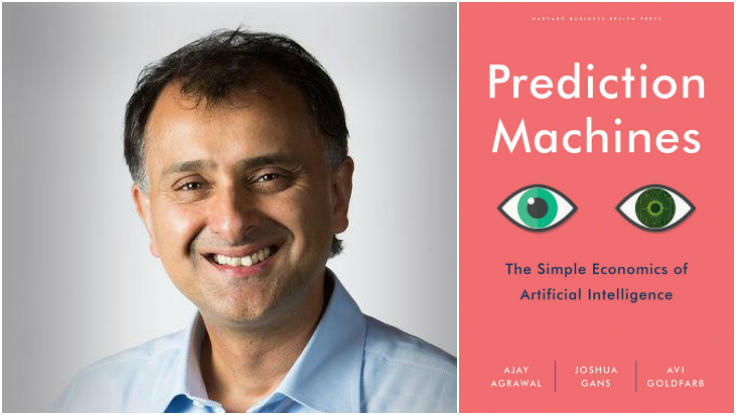Getting Sh%$&t Done
Who doesn't want to get sh*&$t done!?
If I had a dollar for every time I'd heard someone say this...well you know...

I always found this concept puzzling, for a few reasons.
Firstly it implies we all know what it is that needs to be done. Are we not faced by every greater complexity?
Don't all actions imply we have made a decision, a choice between at least two options?
Why do we assume that the shi)()%$%Ut we are doing is the right sh)(*%$t?
Secondly what are the implications for strategy?
If strategy is perfectly formed, well communicated and understood by all, then acting quickly, getting sh^^$*t done, is entirely conceivable.
Apparently however between 60 - 90% of all business strategies fail.

Strategy involves a multitude of decisions, from design to delivery. Success or failure rests on big and small decisions throughout.
Of course everyone is interested in AI right now. But where does its real potential lie?
"Prediction Machines: The Simple Economics of Artificial Intelligence" by Agrawal, Gans, and Goldfarb, offers us a fantastic guide.

As the book describes, our decisions are often based on what we imagine the future outcomes will be.
In fact as the authors point out, our decisions have a certain anatomy. Each involves a prediction, judgement, action and outcome.
If we might predict it will rain today, our judgement will be the pay off of not being wet. Our action is to take an umbrella and the outcome is that we are dry.
"Prediction Machines" makes the compelling argument that the real value of AI is its ability to drastically reduce the cost of making predictions.
In doing so it will provide a foundation for making better decisions. More accurate forecasts, better risk assessments, and sharper strategic moves.
As our anatomy of a decision points out however, judgement will remain important. That's where humans come in.
AI provides the data-driven insights, where data is available, while humans bring the context, ethics, and judgement to make the final decision.
So that's exciting, especially for those who just want to get sh**$()t done.
More than ever, with the help of AI they'll be getting more s(^$&t done than ever!!


